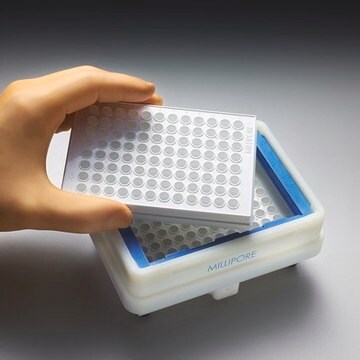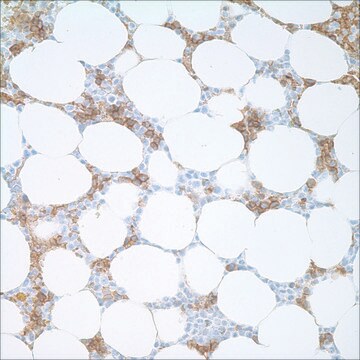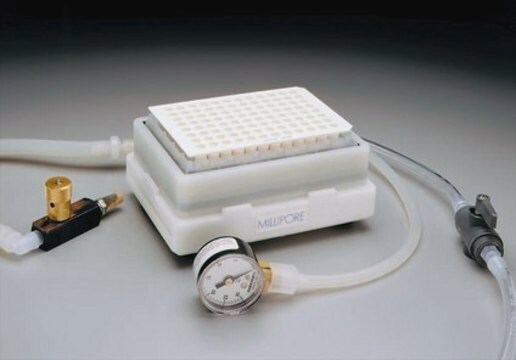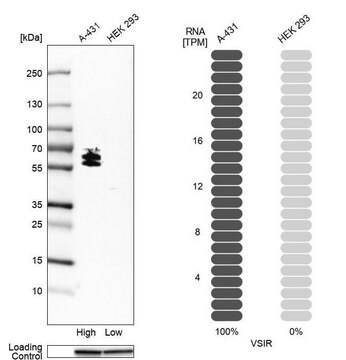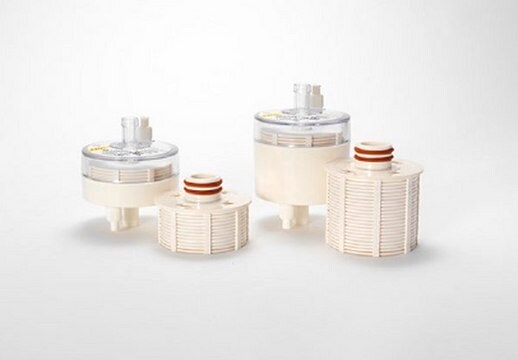MABT1364
Anti-Spectrin beta-II Antibody, clone 2A7
clone 2A7, from mouse
Synonym(s):
Spectrin beta
About This Item
IP
WB
immunoprecipitation (IP): suitable
western blot: suitable
Recommended Products
biological source
mouse
antibody form
purified immunoglobulin
antibody product type
primary antibodies
clone
2A7, monoclonal
species reactivity
human, rabbit
packaging
antibody small pack of 25 μg
technique(s)
immunocytochemistry: suitable
immunoprecipitation (IP): suitable
western blot: suitable
isotype
IgG1κ
UniProt accession no.
target post-translational modification
unmodified
Gene Information
human ... SPTBN1(6711)
General description
Specificity
Immunogen
Application
Immunocytochemistry Analysis: A representative lot detected Spectrin beta-II in Immunocytochemistry applications (Bazellieres, E., et. al. (2012). J Cell Sci. 125(Pt 4):919-31).
Western Blotting Analysis: A representative lot detected Spectrin beta-II in Western Blotting applications (Bazellieres, E., et. al. (2012). J Cell Sci. 125(Pt 4):919-31).
Cell Structure
Quality
Western Blotting Analysis: 2 µg/mL of this antibody detected Spectrin beta-II in differentiated Caco2 cell lysates.
Target description
Physical form
Storage and Stability
Other Notes
Disclaimer
Not finding the right product?
Try our Product Selector Tool.
Storage Class Code
12 - Non Combustible Liquids
WGK
WGK 1
Flash Point(F)
Not applicable
Flash Point(C)
Not applicable
Certificates of Analysis (COA)
Search for Certificates of Analysis (COA) by entering the products Lot/Batch Number. Lot and Batch Numbers can be found on a product’s label following the words ‘Lot’ or ‘Batch’.
Already Own This Product?
Find documentation for the products that you have recently purchased in the Document Library.
Our team of scientists has experience in all areas of research including Life Science, Material Science, Chemical Synthesis, Chromatography, Analytical and many others.
Contact Technical Service
